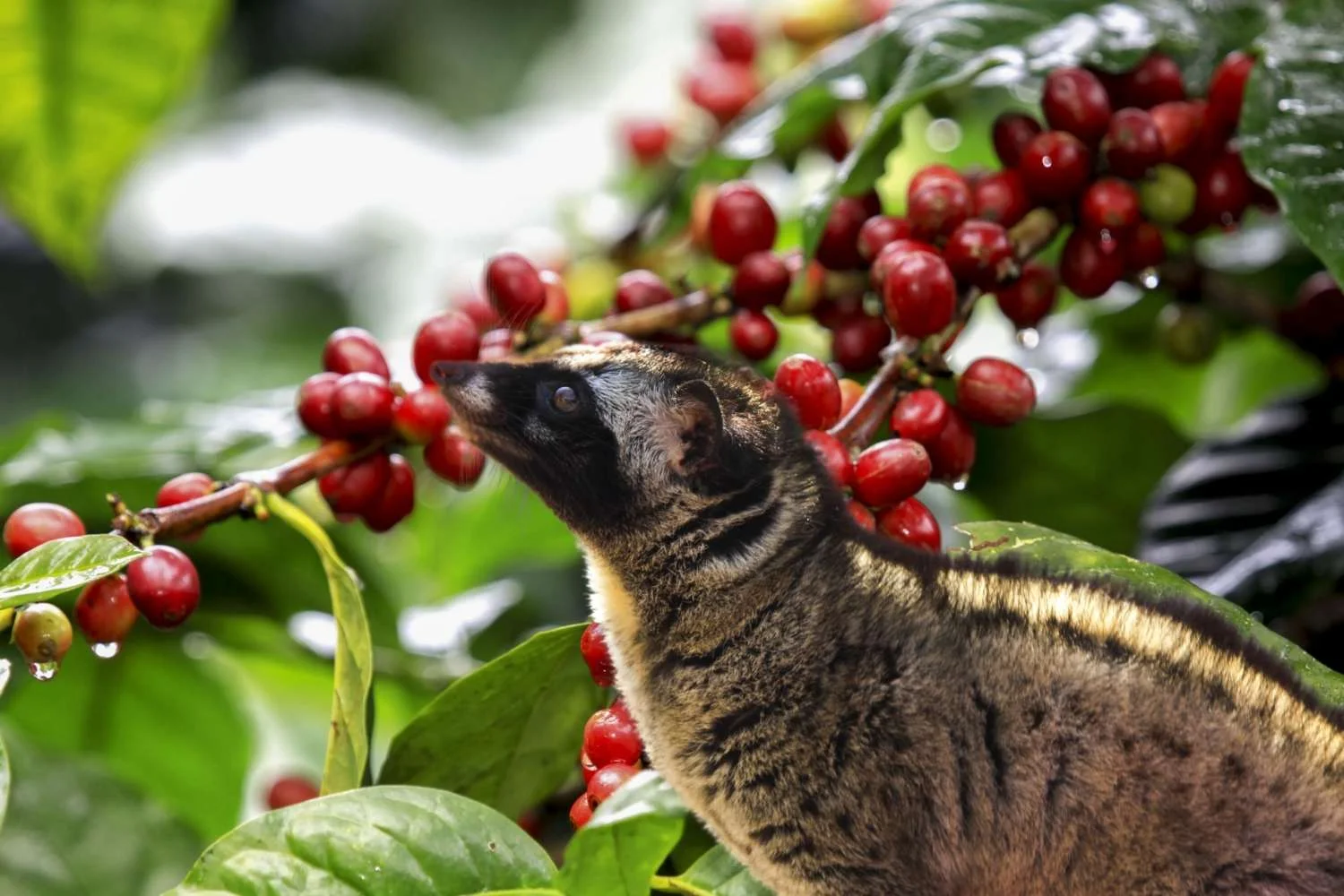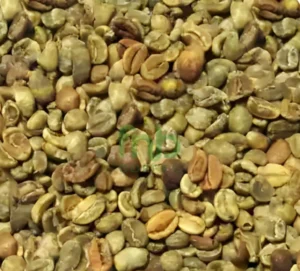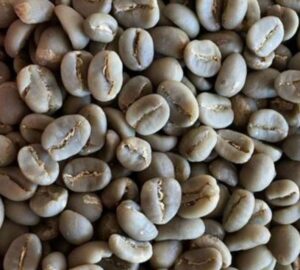Robusta Coffee Quality, one of the world’s most beloved beverages, comes in many varieties and flavors, each with unique characteristics. Among the many coffee types, Robusta coffee stands out for its distinctive qualities. Robusta coffee, scientifically known as Coffea canephora, is renowned for its bold flavors and robust profile. This article delves into the intricacies of Robusta coffee quality, examining its characteristics, benefits, goals for improving quality, and more.
Overview of Robusta Coffee
What is Robusta Coffee?
Robusta coffee refers to coffee beans from the Coffea canephora plant, which is one of the two main species used in commercial coffee production, the other being Arabica (Coffea arabica). Robusta beans are typically grown at lower altitudes compared to Arabica and are known for their higher caffeine content and stronger, more bitter flavor profile.
Historical Context
Robusta coffee originated in Africa and is now grown in various tropical regions around the world. It is particularly prevalent in countries like Brazil, Vietnam, and Indonesia. Historically, Robusta has been favored for its resilience and lower cultivation costs compared to Arabica.
Characteristics of Robusta Coffee
Flavor Profile
Robusta coffee is characterized by its strong, bold flavor with a certain bitterness. The beans often impart earthy, woody, or nutty notes, sometimes with a hint of chocolate. The high caffeine content contributes to a more bitter taste compared to Arabica coffee.
Caffeine Content
One of the defining features of Robusta coffee is its higher caffeine content, typically ranging from 2.2% to 2.7% by weight. This is significantly higher than Arabica, which contains about 1.2% to 1.5% caffeine. The increased caffeine content not only affects the flavor but also enhances the coffee’s natural bitterness and contributes to its robust body.
Bean Appearance
Robusta coffee beans are generally rounder and smaller than Arabica beans. They also have a straighter, less curved crease on one side. The beans are often considered to be of lower quality due to their more irregular shape and less smooth texture compared to Arabica beans.
Benefits of Robusta Coffee
Cost-Effectiveness
Robusta Coffee Quality is generally less expensive to produce than Arabica. The Robusta plant is more resistant to pests and diseases, which reduces the need for chemical interventions. Additionally, Robusta plants are hardier and can thrive at lower altitudes, which reduces cultivation costs.
Resilience and Yield
Robusta Coffee Quality plants are known for their high yield and resistance to environmental stressors. They can grow in harsher conditions and are more tolerant to temperature fluctuations and diseases, making them a reliable choice for farmers in less ideal conditions.
Stronger Flavor and Higher Caffeine
The bold, robust flavor of Robusta coffee is preferred by many coffee drinkers who enjoy a stronger, more intense taste. The higher caffeine content also provides a more pronounced kick, making it a popular choice for espresso blends and instant coffee.
Goals for Improving Robusta Coffee Quality
Enhancing Flavor Profile
Improving the flavor profile of Robusta coffee is a key goal for many producers. While Robusta is known for its strong and bitter taste, there is a growing interest in developing beans with more nuanced flavors. This involves careful cultivation practices, processing techniques, and selective breeding to enhance the overall taste experience.
Sustainable Farming Practices
Sustainability is a significant concern in coffee production. For Robusta coffee, goals include adopting environmentally friendly farming practices that reduce the impact on ecosystems. This includes implementing organic farming techniques, reducing water usage, and minimizing the use of synthetic pesticides and fertilizers.
Quality Control and Processing
The quality of Robusta coffee can be significantly affected by processing methods. Improving quality control measures during the harvesting, drying, and roasting stages can lead to a more consistent and higher-quality product. Investments in modern processing equipment and techniques are essential for achieving this goal.
Ideas for Enhancing Robusta Coffee Quality
Genetic Research and Development
Investing in genetic research to develop Robusta varieties with improved flavor profiles and disease resistance is a promising approach. By understanding the genetic makeup of Robusta coffee, researchers can selectively breed plants that produce higher-quality beans.
Advanced Processing Techniques
Exploring advanced processing techniques, such as fermentation and controlled drying, can help in enhancing the flavor profile of Robusta coffee. These methods can help in reducing bitterness and bringing out more complex flavor notes.
Collaboration with Coffee Experts
Collaborating with coffee experts, including baristas, roasters, and cuppers, can provide valuable insights into improving Robusta coffee quality. Their expertise can guide producers in refining their practices and achieving desired flavor profiles.
Topic Suggestions for Further Exploration
The Impact of Altitude on Robusta Coffee Quality
Examining how different altitudes affect the flavor and quality of Robusta coffee can provide insights into optimizing cultivation practices. This topic could explore how altitude influences the chemical composition of Robusta beans and its impact on taste.
Comparing Robusta and Arabica Coffee in Blends
Investigating the roles of Robusta and Arabica beans in coffee blends can shed light on how their unique characteristics complement each other. This topic could explore the benefits of blending these two types of coffee to achieve a balanced flavor profile.
The Role of Terroir in Robusta Coffee Quality
Exploring the concept of terroir—how environmental factors like soil, climate, and location influence coffee quality—can offer valuable insights into Robusta coffee production. This topic could investigate how different terroirs affect the flavor and characteristics of Robusta beans.
Advantages of Robusta Coffee Quality
Affordability
One of the primary advantages of Robusta coffee is its affordability. Due to its lower production costs and higher yields, Robusta coffee is generally more accessible to consumers. This makes it a popular choice for budget-conscious coffee drinkers and contributes to its widespread use in instant coffee and espresso blends.
Versatility
Robusta Coffee Quality strong flavor and high caffeine content make it versatile for various coffee products. It is commonly used in espresso blends to provide a rich, crema-producing base, and its robustness makes it suitable for instant coffee and cold brews.
Market Demand
The demand for Robusta coffee remains strong, particularly in emerging markets where its bold flavor and affordability are appreciated. As coffee consumption continues to grow globally, Robusta coffee is well-positioned to meet diverse consumer preferences.
Robusta Coffee Quality, with its distinctive qualities and robust profile, plays a significant role in the global coffee market. Understanding its characteristics, benefits, and the goals for improving its quality provides valuable insights for both producers and consumers. By focusing on enhancing flavor profiles, adopting sustainable practices, and exploring advanced processing techniques, the future of Robusta coffee can be shaped to meet evolving tastes and market demands.




























 Arabic
Arabic Chinese (Simplified)
Chinese (Simplified) Dutch
Dutch English
English French
French German
German Indonesian
Indonesian Italian
Italian Japanese
Japanese Portuguese
Portuguese Russian
Russian Spanish
Spanish